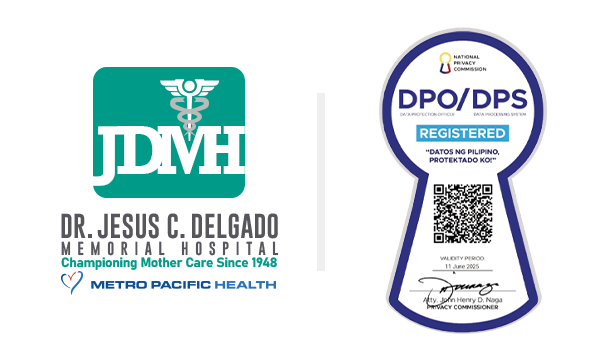What are the rights as a patient?
Each patient has a right to good quality health care without any discrimination to her/his convictions and cultural beliefs.
If the patient cannot be given immediate care, s/he shall either be properly informed to wait for treatment or be referred to another medical institution where suitable care can be provided.If the patient cannot be given immediate care, s/he shall either be properly informed to wait for treatment or be referred to another medical institution where suitable care can be provided.
Each patient has a right to be informed in a manner and language that s/he understands regarding the procedure or treatment that will be provided to her/him. The patient shall be informed of any risks, serious side effects and other similar concerns that may occur upon undergoing the treatment.
The privacy of the patient shall be respected by all hospital personnel. The patient has the right to demand that information, communication and records pertaining to her/his care be treated as confidential.
Each patient has a right to be informed of the nature of her/his medical condition, and the appropriate medical treatments and procedures for such. The patient – or authorized guardian – shall also be advised of the possible complications and other concerns that may arise from the said treatments, as well as ways on how to prevent the illness from recurring.
Each patient has the right to freely discuss one’s condition with her/his physician of choice. The patient also has a right to seek for a second opinion (and subsequent opinions) from another health care provider/practitioner.
Each patient has a right to avail of diagnostic and treatment procedures.
The patient may undertake a written directive for physicians to administer terminal care if s/he suffers from a terminal illness provided that s/he:
- is of legal age and sound mind;
- has been informed of the medical consequences of such a choice; and
- releases all those involved in her/his care from any obligations that are related to the consequences of such a decision.
Each patient has the right to refuse medical treatment if such is contrary to one’s religious beliefs. However, this right must not be imposed by parents on their child who is not of legal age during a life-threatening situation, as determined by the attending physician or the medical director of the hospital.
Each patient is entitled to a summary of one’s medical history. The patient may also request for a medical certificate from the hospital.
Each patient has the right to leave – or be discharged from – the hospital regardless of one’s physical condition as long as s/he:
- has been informed of the medical consequences of such a decision;
- releases all those involved in her/his care from any obligations that are related to the consequences of such a decision; and
- has settled her/his outstanding balance with the hospital prior to discharge.
Each patient has the right to be advised by the hospital if s/he will be involved in medical research. The patient may refuse to sign the written informed consent to take part in the said research.
Each patient has the right to communicate with relatives and other persons, and to receive visitors subject to reasonable limits as prescribed by the hospital policy.
Each patient has the right to express any grievances about the care and services s/he has received, as long as it is made through the proper channels.
Each individual has the right to be informed of one’s rights as a patient. Likewise, s/he shall be informed of one’s obligations to adhere to the institution's rules and regulations while in the care of the hospital.
What are my responsibilities as a patient?
- Provide complete and accurate information as required by the hospital and its personnel as part of the her/his treatment plan.
- Ensure that s/he has fully understood all the benefits, risks and consequences that come with a procedure before deciding to go through with such a treatment.
- Follow the prescribed and agreed upon treatment plan and comply with all the instructions of one’s doctor and other health care providers.
- Respect the rights and privacy of other patients by following all hospital rules and regulations.
- Inform one’s attending physician should one desire to seek a second opinion or refuse a treatment plan.
- Ensure that one’s financial obligations to the Hospital are fulfilled or properly settled.
- Fully understand the coverage of one’s PhilHealth/HMO benefits.
- Respect the integrity of the institution by submitting any grievances to the proper channels, and not to resort to unwarranted publicity.




